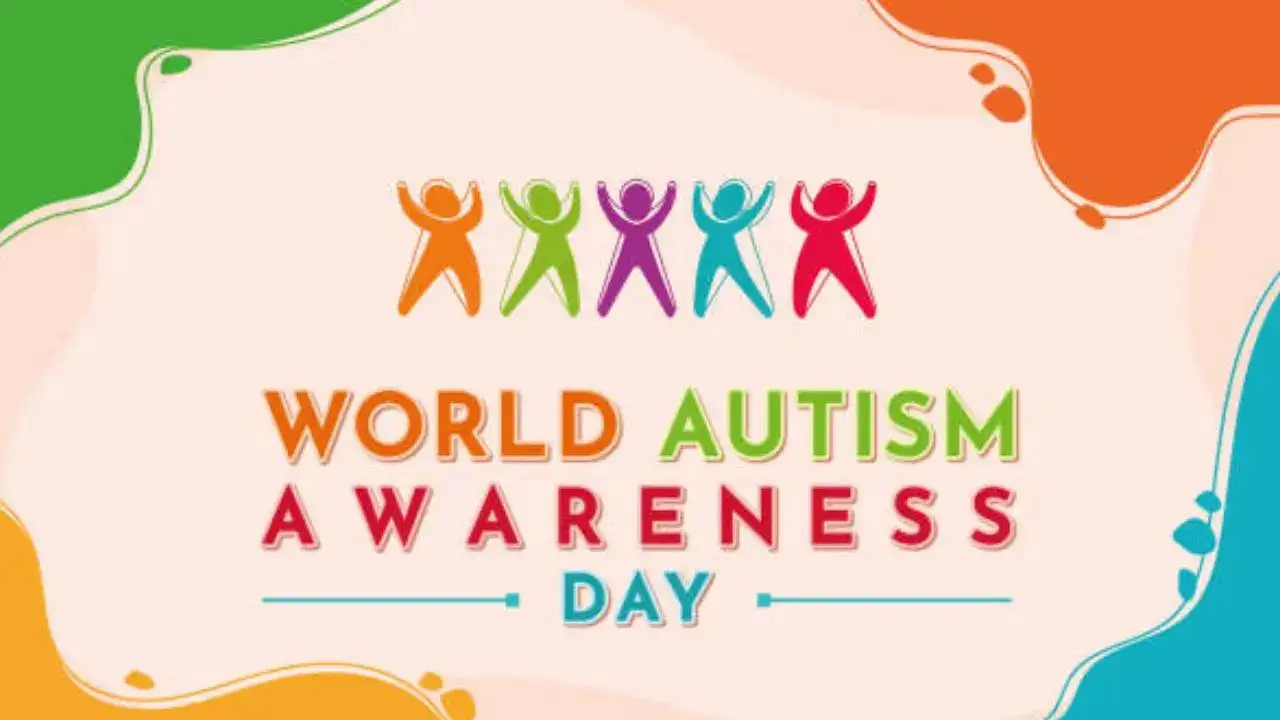
World Autism Day 2025: How Personalised Treatment Can Improve Life For Kids With Autism And ADHD (Image Credits: iStock)
When it comes to neurodevelopmental disorders like autism spectrum disorder (ASD) and attention-deficit hyperactivity disorder (ADHD), there’s no such thing as a one-size-fits-all solution. Every child is unique, and so are their challenges and strengths. That’s why experts emphasize the need for personalized treatment plans that cater to each child’s specific needs.
Dr Sonam Kothari, Paediatric Neurologist, Co-Founder and CEO of Butterfly Learnings, explains, “A personalized treatment plan takes into account each child’s differences, allowing for a multidisciplinary approach that ensures optimal outcomes.”
Different Therapies, Different Benefits
Applied Behaviour Analysis (ABA) Therapy
ABA therapy is one of the most well-researched and widely used treatments for children with autism and ADHD. It focuses on reinforcing positive behaviours while reducing the ones that hinder learning and daily life. “By customizing ABA programs, we can help children improve communication, social skills, and independence,” says Dr. Kothari. The key is consistency and ensuring that progress is measured over time.
Occupational Therapy for Sensory Processing
Many children with autism and ADHD struggle with sensory sensitivities—loud noises, bright lights, or even certain textures can be overwhelming. That’s where occupational therapy (OT) comes in. OT helps children develop sensory integration skills, improve fine motor coordination, and build independence in everyday tasks. “With the right support, children can become more comfortable and confident in their daily activities,” notes Dr. Kothari.
Speech and Language Therapy
For kids who have trouble expressing themselves—whether it’s difficulty forming words or structuring sentences—speech therapy can be life-changing. “Speech therapy is essential for developing both verbal and non-verbal communication skills,” Dr Kothari explains. Children with ADHD may also benefit from working on listening skills and impulse control in conversations.
Medical Support When NeededBehavioural therapies form the foundation of treatment for autism and ADHD, but in some cases, medication can help manage severe symptoms. Stimulant and non-stimulant medications are commonly used to help children with ADHD improve focus and impulse control, while medications for autism can assist with anxiety, aggression, or hyperactivity. “Medical interventions should always be carefully personalized under the supervision of a pediatric neurologist or developmental paediatrician,” advises Dr. Kothari.
Parents Are Key PlayersRaising a child with ASD or ADHD comes with unique challenges, but parents don’t have to do it alone. Training programs for caregivers teach effective strategies for managing behaviour and creating a structured, supportive environment at home. “Family support is critical in fostering a nurturing environment for the child,” Dr. Kothari emphasizes. Support groups and counselling can also be incredibly beneficial, offering parents a space to share experiences and find guidance.
How Technology is Changing the Game
Technology is playing a bigger role than ever in personalized treatment. Digital tools and therapy apps allow therapists to track progress in real time and adjust interventions accordingly. Interactive learning modules make therapy more engaging for kids, extending learning beyond the clinic. “Technology helps therapists fine-tune interventions based on real-time data, making treatments even more effective,” says Dr Kothari.
For any treatment plan to work, it needs to be constantly assessed and adjusted. “Regular assessments, progress tracking, and data-backed adjustments maximize the impact of treatment,” Dr Kothari explains. Having smaller therapist-to-child ratios in clinical settings ensures that each child gets the attention they need to make meaningful progress.
The future of autism and ADHD treatment lies in continued research and technological advancements. A combination of behavioural therapies, medical support, and family involvement creates an inclusive and supportive environment where every child can thrive.
“With the right interventions, children with ASD and ADHD can unlock their full potential,” explains Dr. Kothari.
Get Latest News Live on Times Now along with Breaking News and Top Headlines from Health and around the world.


